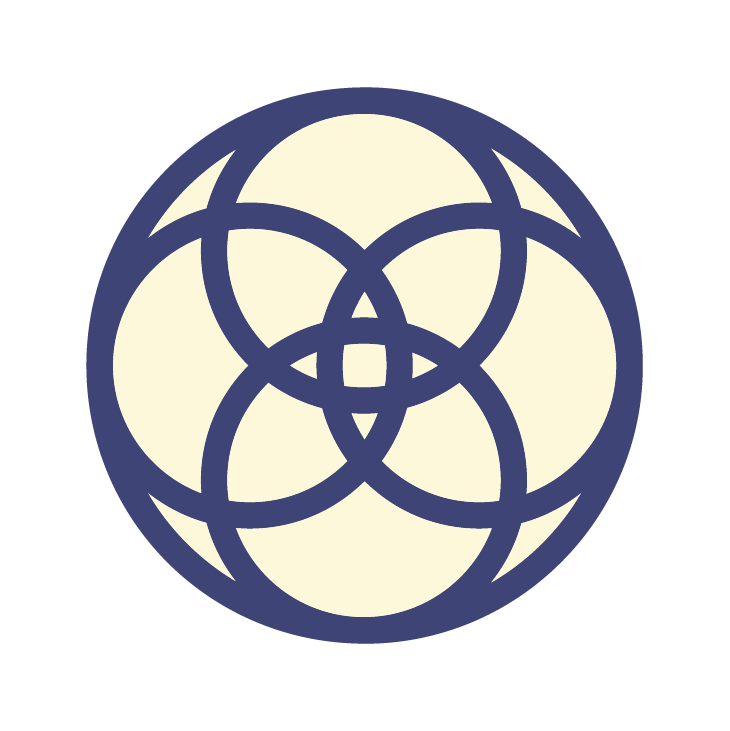
QUESTIONS ABOUT TUITION COSTS AT NYSH
How much is tuition at NYSH?
What is your Refund policy?
QUESTIONS ABOUT STUDYING AT NYSH
How much time will I spend studying at the New York School of Homeopathy?
How much homework is there?
What if I miss a class?
How does mentorship-based teaching work at NYSH?
What is the New York School of Homeopathy clinic and how does it work?
QUESTIONS ABOUT GRADUATING FROM NYSH
What qualification will I earn and does NYSH offer job placement?
What are the requirements for graduating with a NYSH diploma?
Post-Graduate Study and GAP Clinic
QUESTIONS ABOUT PRACTICING HOMEOPATHY
Is there a license to practice homeopathy?
Can I practice homeopathy in New York State?
QUESTIONS ABOUT ENROLLING AT NYSH
Can I drop by the school or arrange for a tour?
What are the requirements for enrollment at NYSH?
How do I apply to the New York School of Homeopathy?
TUITION QUESTIONS:
How much is tuition at the New York School of Homeopathy?
We increase tuition as seldom as possible. NYSH makes every effort to keep our tuition prices low so that our students can afford to study and attend seminars. We believe in making quality homeopathic education available to anyone who has a genuine interest and passion.
Refund policy:
For 1st year students:
For clinic students:
PRIVATE PRACTICE:
Is there a license to practice homeopathy?
There is no such thing as a license to practice homeopathy in the United States. We are closely involved with organizations at the local and national levels, e.g. National Center for Homeopathy (NCH), the National Health Freedom Coalition, and the Association for International Homeopathic Certification (AIHC), and we keep our students informed as legal issues affect our profession.
In most of the US, and in New York State, homeopaths comfortably practice homeopathy within certain guidelines. Homeopaths do not call themselves doctors, we do not conduct physical exams, nor do we dispense medicines. Legally we are considered consultants.
Certification is not a requirement of practice, and participation is strictly voluntary. But NYSH strongly encourages all our graduates to become certified I.H.C. Our program, including our Anatomy and Physiology/Pathology and Disease course, meets all the AIHC requirements for homeopathic training.
Can I practice homeopathy in New York State?
Yes. In NY State most homeopaths refer to themselves as “consultants.” There is no history of legal difficulty for homeopaths in this state and we comfortably operate private practices as professional homeopaths. However, even though NY is a positive environment, at NYSH we support the efforts of the National Health Freedom Coalition and we encourage others to do so. Around the world homeopathy is being challenged, and the NHFC promotes the understanding of the laws in each state that impact one’s right to access alternative and complementary health practitioners and medicines. https://www.nationalhealthfreedom.org
PRIVATE PRACTICE:
Is there a license to practice homeopathy?
There is no such thing as a license to practice homeopathy in the United States. We are closely involved with organizations at the local and national levels, e.g. National Center for Homeopathy (NCH), the National Health Freedom Coalition, and the Association for International Homeopathic Certification (AIHC), and we keep our students informed as legal issues affect our profession.
In most of the US, and in New York State, homeopaths comfortably practice homeopathy within certain guidelines. Homeopaths do not call themselves doctors, we do not conduct physical exams, nor do we dispense medicines. Legally we are considered consultants.
Certification is not a requirement of practice, and participation is strictly voluntary. But NYSH strongly encourages all our graduates to become certified I.H.C. Our program, including our Anatomy and Physiology/Pathology and Disease course, meets all the AIHC requirements for homeopathic training.
Can I practice homeopathy in New York State?
Yes. In NY State most homeopaths refer to themselves as “consultants.” There is no history of legal difficulty for homeopaths in this state and we comfortably operate private practices as professional homeopaths. However, even though NY is a positive environment, at NYSH we support the efforts of the National Health Freedom Coalition and we encourage others to do so. Around the world homeopathy is being challenged, and the NHFC promotes the understanding of the laws in each state that impact one’s right to access alternative and complementary health practitioners and medicines.
APPLYING TO NYSH:
How do I get more information about NYSH?
Attend our free annual Information Session for Prospective students, which will be held via Zoom on Tuesday October 3, 2023 from 6:30-8:30 EDT. Please register here.
What are the requirements for enrollment at NYSH?
Documentation
If you are applying as a transfer student, we will require documentation and references.
How do I apply to the New York School of Homeopathy?
